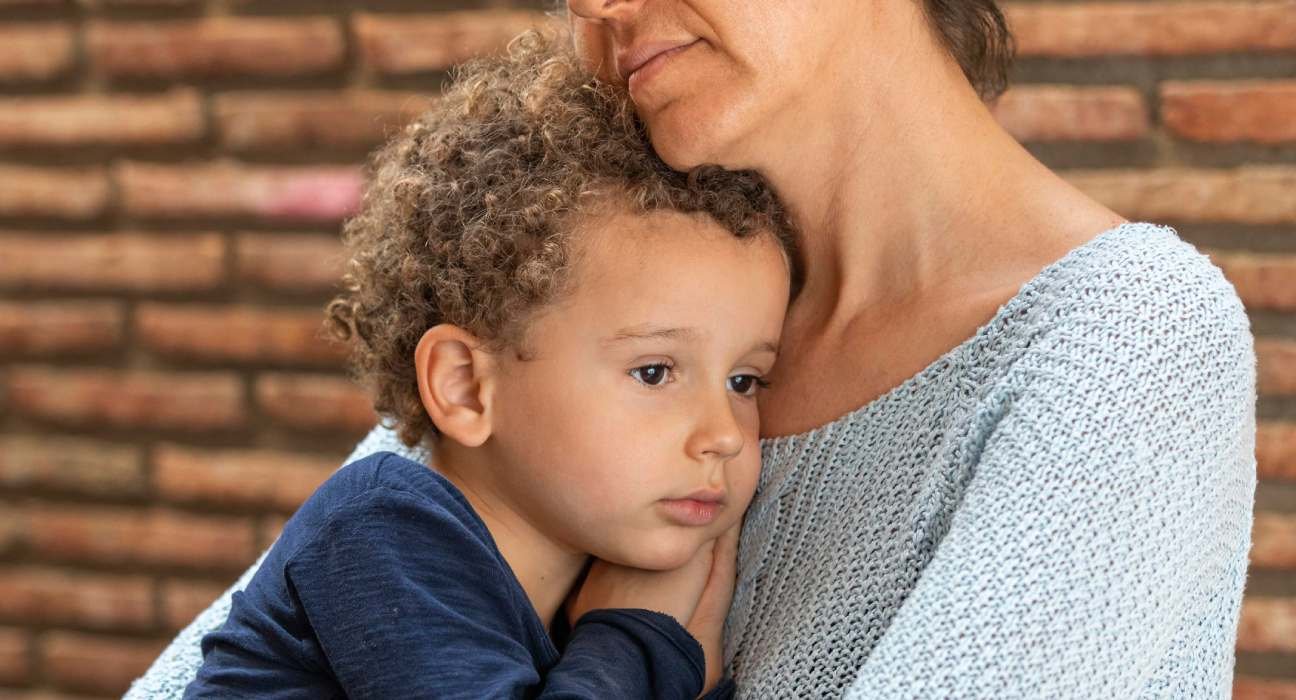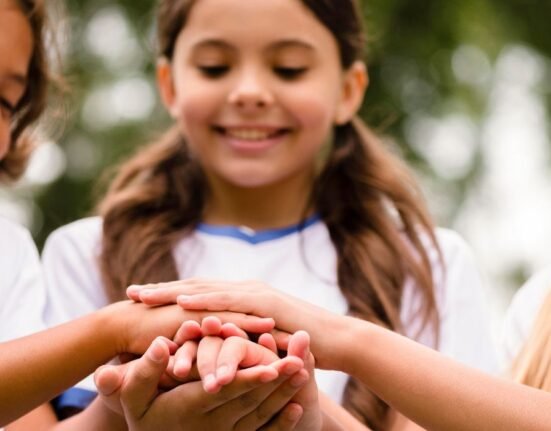Do not dwell in the past, do not dream of the future, concentrate the mind on the present moment.
Buddha
The human mind is very strange. Mind enables people to be aware of the world and their experiences, to think and reason, to perceive, to judge and to feel. It is the faculty of consciousness and thought. Human being is controlled by its own mind. Hence taking care of one’s mental health is a priority. Mental health is an essential and important component of a person’s total health status. It includes emotional, psychological, and social well-being of an individual. The World Health Organization (WHO) defines mental health as “a state of well being in which the individual realizes his or her own abilities, can cope with the normal stresses of life, can work productively and fruitfully, and is able to make a contribution to his or her community”. Human life is full of stress and strain and individual needs vary from person to person. Thus it is important to follow principles to keep the mental health intact. Mental health principles guide people to make adjustments in different situations during different stages of life. Emotional emancipation from parents with opportunities for emotional expression through conversation, arts, music, play, games etc. is essential to make a child happy and keep troubles away for maintaining good mental health of the child. One of the greatest comedians of all times Charlie Chaplin, once quoted:
I have many problems in my life. But my lips don’t know that. They always smile.
Charlie Chaplin
Mental Health needs of children:
Child population of India is 13.12% out of its total population (as per census report of India 2011). The prevalence of mental health problems among Indian children aged 0-16 years has been found to be 12.5% in a study conducted by Indian Council of Medical Research (ICMR). Children need special care for their holistic development as they are the assets of the nation. They are vulnerable to problems relating to physical, mental and social health. Although physical health problems can be observed from outside, mental health problems may not be noticed unless one is aware of the signs which indicate the need for professional help. .Parents and family members need to be aware of any change in behavior of their children. A child’s socialization process takes place through the influence of the family, neighborhood and community. According to Karl Meninger- “What is done to children, they will do to the society.” Parents need to practice self-control and self discipline so as to expect the same from their children. Children follow the adults. They learn by observing the behaviors of their parents and other family members. A child’s health depends upon family’s health, lifestyle, culture, customs, traditions, taboos, rituals, religious practices, habits, child bearing and child rearing practices, social relationships, socio-economic conditions, environmental conditions, etc. A child can learn different life skills and gather knowledge in a healthy environment which is beneficial for normal development.
Education is the most powerful weapon which you can use to change the world.
Nelson Mandela
Parents, teachers and caregivers need education and training regarding mental health needs of children because maintaining good mental health of children is a cooperative and collaborative work of a family, school and community.
A child can be made mentally healthy by developing a positive mind since his early life. The family has to play important role in preparing a child to be a mature, responsible and well-adjusted individual. Parents, teachers and caregivers can help children to adjust in different situations of life. They are the persons who usually are first to notice if a child has emotional or behavioural problems. Children’s mental health problems are real and common which can disrupt their functioning at home, school and in the community. These problems are treatable. Although one in five children has a diagnosable mental health problem, nearly two-thirds of them get little or no help. Children with untreated mental health problems are at increased risk of school failure and other psycho-social problems. School environment which is free from unhealthy comparison or discrimination in religion, caste, social status, etc. is necessary for child’s positive mental health. Provision of vocational and psychological counseling, early interventions of childhood and adolescent behavior problems must be available for children at school. Therefore, appointment of school psychologist in every school is of utmost importance. School psychologists can help children develop a healthy pro-social behavior (Pirta, 2013). School health records must be maintained regularly along with cumulative record which is helpful to keep continuity between home, school and community.
Children with sound mental health can think clearly, develop socially, adjust emotionally and learn new skills. Co-curricular activities help children to develop creative thinking, good interpersonal relationships and effective communication. Good friends, guidance from parents and other senior persons, in addition to love, affection, kindness, encouragement and support from family members are helpful for children to develop self confidence and self-esteem. So, the role of parents, teachers, and caregivers is very important in providing a safe and secured environment that is free from fear and anxiety, which is favourable for development of a good mental health of a child.













Leave feedback about this